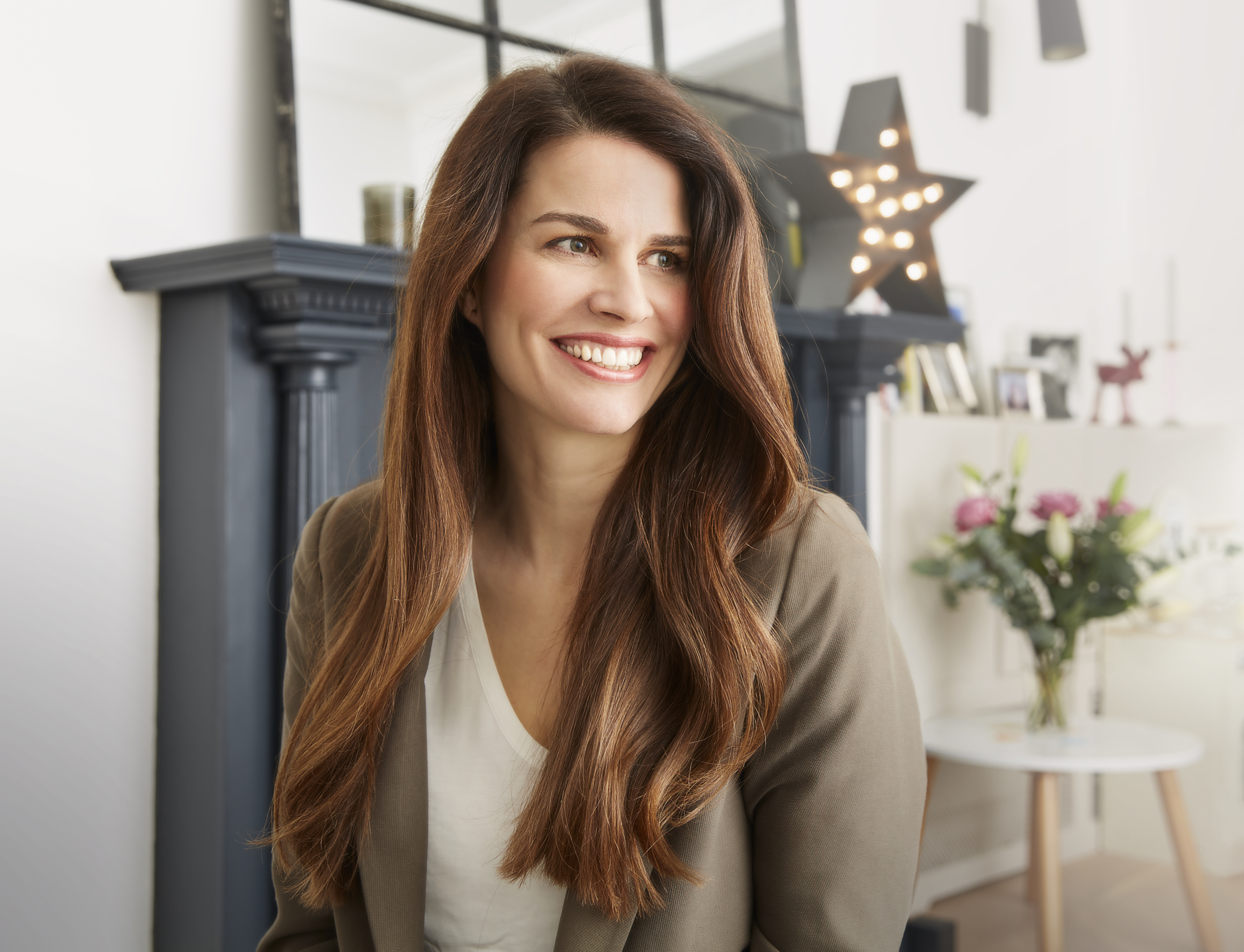During lockdown we tried to make sense of global events, doing our best to keep ourselves and those around us safe. Surrounded by unpredictability, our minds were prone to going into overdrive, making it difficult to think clearly and perform even simple tasks. Many of us experienced brain fog, insomnia and irritability. Parents in particular took on so much, having to juggle their own work with home schooling, sometimes also caring for their elderly parents.
As bleak as this sounds, it is not all doom and gloom. Some of us may have become more aware of our physical and mental health, as well as the need for good work/life balance. We may have started a routine incorporating daily exercise or developed a new enjoyable hobby, like baking. With no choice but to slow down and cocoon at home, some have managed to gain some much needed me-time.
Either way, we have undoubtedly experienced a different pace of life and by limiting face-to-face interactions to avoid contagion, our daily needs have changed as well. As with any transition and more so with one as big as this, we may be dealing with an overload of feelings – from anxiety and stress to relief and excitement.
The return to the “new normal” is so unlike our perceptions of normal everyday life and the pressure to adapt may cause emotional turmoil called, re-entry anxiety – a form of stress associated with the fear of being unable, or not wanting to re-adapt to previously established routines and environments.
In an Ipsos Mori survey of about 1,000 British adults 67% of the respondents reported feeling uncomfortable about crowded places with large gatherings and 61% about using public transport whilst 35% reported not feeling comfortable going back to their place of work. In its own survey, the charity Anxiety UK found that 54% of 745 respondents felt anxious about getting back to work after the lifting of lockdown restrictions.
How can we make sure our return to work and other commitments are as smooth and “normal” as possible?
It All Starts from the Inside Out
The thing about anxiety is the more you focus on it and try to solve it with your mind, the more you stimulate it and end up trapped in it, going round and round in circles. We can avoid this as we re-adapt to the outside world with concrete solutions that help us feel less anxious and more confident in dealing with challenges ahead.
During lockdown, many discovered online meditation and joined online fitness classes. We prioritised our mental and physical health after previously overcommitting or being too busy for mindful breaks, daily alone time or even dedicated family time. A mindfulness practice can make a difference transitioning into post-lockdown living successfully.
Sophrology is a very practical and intuitive way of integrating mindfulness into our daily lives. It is a modern form of meditation where you don’t need to sit still for long periods of time trying to empty your racing mind of thoughts. In Sophrology you only need 10 minutes to access a state of calm. The practice uniquely combines simple relaxation exercises, breathing, gentle movement and visualisation to work through tensions and worries and promote a feeling of empowerment in mind and body, like you are ready to take on anything, even an unpredictable future!
Here are some tips to help you lower re-entry anxiety.
Talk
It’s really important to talk to your boss, colleagues, family members and those close to you about your concerns. For example, you may feel anxious about working in an open-plan office. If you think you are more confident and productive at home than in the office, speak to your boss about continuing to work remotely.
Don’t assume your needs won’t be met – physical, mental and emotional well-being are a top priority in all areas of life. Our personal safety depends on everyone’s collaboration.
Go Back To Your Body
Anxiety can show up as tension in the body or even high blood pressure. When you feel tension start to creep up, use your body to anchor yourself to the present moment. Sophrology can be very helpful with resetting the mind to a more peaceful state through gentle movement, for example tensing and releasing muscles in sync with your breath. Studies have found that people who are good at recognizing early signs of stress in the body and acting upon them are more likely to keep healthy both physically and mentally, preventing conditions such as headaches, digestive troubles, frequent colds and so on. As soon as you spot early signs of anxiety make sure you ask for help and please consult a doctor if you feel you can’t cope.
A simple exercise you can do at any time is to raise your arms in front of your body, clench your fist and tense all your muscles in your body while breathing in, hold for a few seconds, then release your arms alongside your body along with all your muscles while you breathe out. It helps if you can visualise the tension leaving your body each time you breathe out. You can repeat this exercise three times and you should be able to feel a positive shift mentally.
During quick breaks in your daily routine, you can also take a couple of minutes to focus on your breathing. You can place your hands on your abdomen, breathing in slowly while expanding your belly and then breathing out slowly feeling the belly deflate. This exercise can be useful if you find it difficult to focus.
Enjoy the way your body feels – don’t skip on your fitness routine after lockdown and if you can, go for daily walks.
Write It Down
Keeping track of our thoughts and feelings can be a useful exercise as it helps us gain a sense of perspective. Writing down what triggers our anxiety, what situations make us feel scared, angry or resentful, and how our energy levels ebb and flow during the day will allow us to understand what is going on in our life and take positive action.
We can also write down what we are grateful for – in case we didn’t do it during lockdown, now is the time to appreciate what is positive in our lives no matter how big or small.
Reading our notes help us see when things tend to go right or wrong, for example when we are more tired we might become irritable and this can affect our work and relationships. We have natural dips in energy levels throughout the day, so we can learn not to schedule an important work call or meeting at times of low energy if we can.
Cultivate Resilience
Resilience is one thing we can’t live without. Having the mental and emotional strength to keep going no matter what happens is the key to survive, thrive and restore a semblance of normality when nothing around us feels familiar.
In Sophrology, we practice ‘Futurization’ where we visualise a positive future. Anxiety can be rooted in worry about imagined situations in the future. Our bodies can’t tell the difference physiologically between a worry and an actual threat and respond to it in the same way so we might trigger our bodies into fight or flight mode simply by lying in bed worrying. Sophrology grounds you in the present by calming body and mind so that you can feel more in control of your future. The futurization tools that Sophrology uses start the processes of shifting your state of consciousness from negative to positive.
Given the uncertainty we are now facing, you are surely not alone if you are experiencing this. Over time Sophrology helps you to re-wire your brain so you can start to see the future in a positive light again.
Sophrology has many other tools to manage stress, overcome anxiety, sleep better, feel more confident, positive and empowered. It is a truly effective way to feel more at peace with oneself and the world around us. If you want to know more about Sophrology, I explain more here. If you are interested in experiencing the practice, I’d love for you to join one of my free guided sessions on Instagram Live via @besophrolondon or try this online course to help you manage stress.


